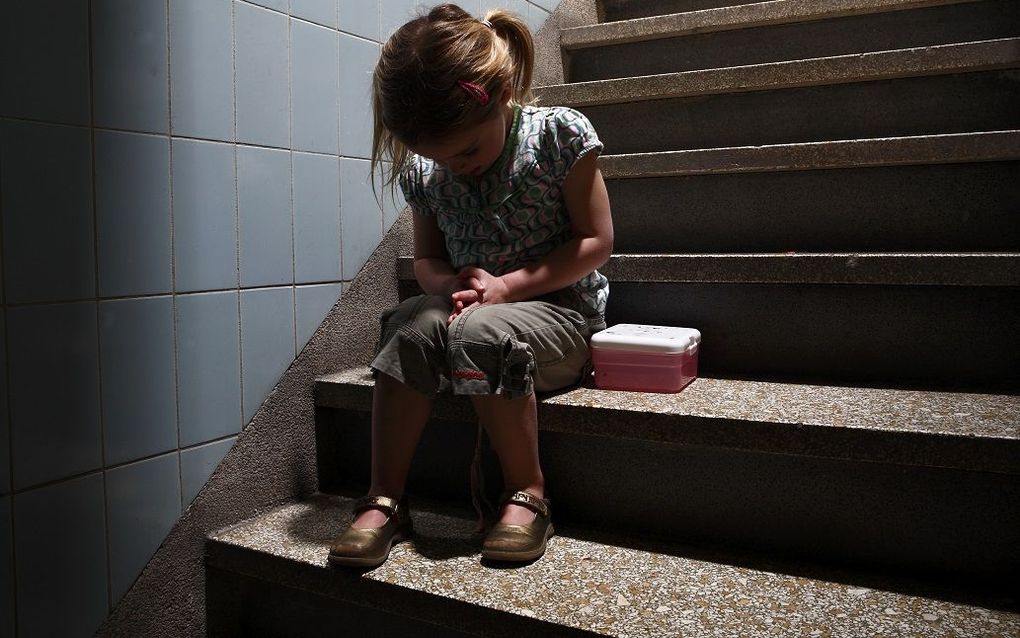Concerning Kids – Mental Health
06-05-2023
Christian Life
Anna Gnatyshyna, CNE.news

How can we help our teens through their struggle? There are three ways. Photo ANP, Roos Koole
Christian Life
Statistics show that 64 per cent of teens in Western Europe reported loneliness, 51 per cent indicated high anxiety, 43 per cent said to have a depression, and 27 per cent reported having suicidal thoughts.
Let that sink in a moment. One in two teens are battling high anxiety. About 27% have recently had suicidal thoughts. These are not distant numbers. These are our children— in our homes. Although teens defined the terms for themselves, the fact that so many identified these struggles as their own is a call for us to pay attention.
As a parent or caregiver, it can feel overwhelming to know that your child is struggling — but just know that you are not alone. We as a Church as well as other social institutions must take on this task of loving, helping, and discipling our teens right where they are.
How can we help our teens through their struggle? There are three ways.
We should be familiar with common symptoms of depression, anxiety, and suicidality. That will equip you to help your teen recognize and label their symptoms. As you understand what is happening, you are better able to cope.
Next, we are to take the initiative. Your teen needs you to make the first move to talk. Though teens are likely to go to family when they have important questions, only 4 in 5 teens reported that they often talk to their parents about things that are important to them. This means that you need to start the conversation.
We can do it through asking good questions based on observations. People tend to become defensive when they feel vulnerable, and teens are no different. Be gentle. One way to do this is to ask questions that arise out of your observations, “I’ve noticed you’ve been sleeping a whole lot lately. Have you been feeling ok?” Help your teen identify and label their own symptoms of depression and anxiety by noticing and commenting on them. Use open ended questions, rather than yes-or-no questions, that allow the teen to expand, or their experiences are also better for understanding what your teen is going through. Show empathy, don’t minimize their struggles. Respond to them out of compassion.
We should help in building resilience. Resilience is the ability to bounce back from adversity. We can help lower our teens’ risks for mental illness and help them cope with it by encouraging healthy practices. Help your teen identify their needs in the areas of physical, relational, and spiritual health. If needed – connect them with a therapist. Sometimes, our teens don't want to hear it from us. But they can listen to another person.
While our research showed that teens in Western Europe are struggling, it also found that family is the first place, teens go for advice when it comes to big questions in life. Let that encourage you, and allow God to guide you, as you walk alongside your child. You are not alone, and your teen isn’t either.
About the author

Anna lives in Kyiv and runs an Evangelistic Children's Club. She is a Children's Ministry Coordinator in Eurasia with the organisation OneHope. Anna studied theology and is a guest teacher at the Kyiv Theological Seminary.
Related Articles







